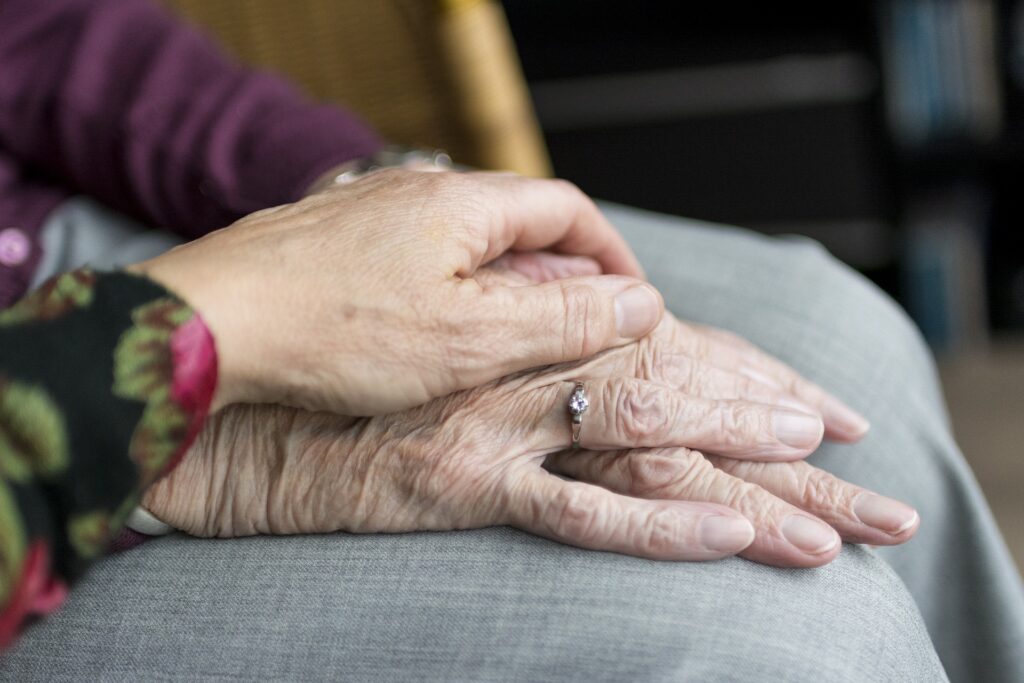Around 75 million people over 60 in India suffer from chronic diseases, according to the first part (2017-18) of the world’s largest age survey—Longitudinal Aging Study in India (LASI)—released by the Ministry of Health on Wednesday.
Although 27 percent of elderly people have multiple morbidities, about 40 percent have one disability or another and 20 percent have mental health problems, the study claimed that it seeks to provide a framework for national and state-level services and policies for the elderly.
The LASI Wave 1 field study, which was conducted in 35 states and Union Territories from April 2017 to December 2018, was published by Union Health Minister Harsh Vardhan virtually on Wednesday.
Dr.Vardhan said that in the 2011 census survey, people over 60 years of age accounted for 8.6 percent of India’s population, that is, 103 million elderly people. Growing at about 3% per year, the elderly will grow to 319 million by 2050.
“This report will provide a base for national and state-level programs and policies for the elderly population,” he said in a statement from the Ministry of Health.
LASI is a systematic national survey of scientific studies into the health, economic and social determinants and effects of population aging in India.
The National Programme for Health Care of Elderly and the Ministry of Health and Family Welfare has undertaken the Longitudinal Ageing Study of India, through the International Institute for Population Sciences (IIPS), Mumbai, in partnership with the Harvard School of Public Health, the University of Southern California, the United Nations Population Fund.
The LASI, Wave 1 study included a baseline survey of 72,250 individuals aged 45 and over and their spouses, including 31,464 persons aged 60 and over and 6,749 elderly people aged 75 and above all from all States and Union Territories, except Sikkim.
Dr. Vardhan said, “It is India’s first and the largest survey in the world to provide a longitudinal database for the implementation of policies and services for the elderly in the broad fields of social, health and economic well-being.”
“The evidence from LASI will be used to further strengthen and broaden the scope of National Programme for Health Care of the Elderly and also help in establishing a range of preventive and healthcare programmes for the older population and most vulnerable among them.”
Restoring the government’s commitment to healthy ageing, the Minister of Health said, “We should ensure that the elderly are provided with the best medical care. India has one of the ambitious programme of the world, Ayushman Bharat Yojna, which focuses on the expansion of the healthcare facilities.”
He affirmed that LASI data would help the broad objectives of the Decade of Healthy Ageing and contribute to integration in various national health programs as well as to encourage cross-sectoral cooperation with other ministries and departments.
KS James, director of the International Institute of Population Sciences (IIPS), Mumbai, the nodal institution for the survey, said: “About 45 million have cardiovascular diseases and hypertension, 20 million suffer from diabetes, and 24 percent of the elderly have difficulty in performing daily functions such as walking, eating, toileting, according to this survey,”
“Even if we assume 90 per cent of these people are taken care at home, there is still 10 per cent, that translates into 3.5 to 4 million who would require professional help,” he said.

